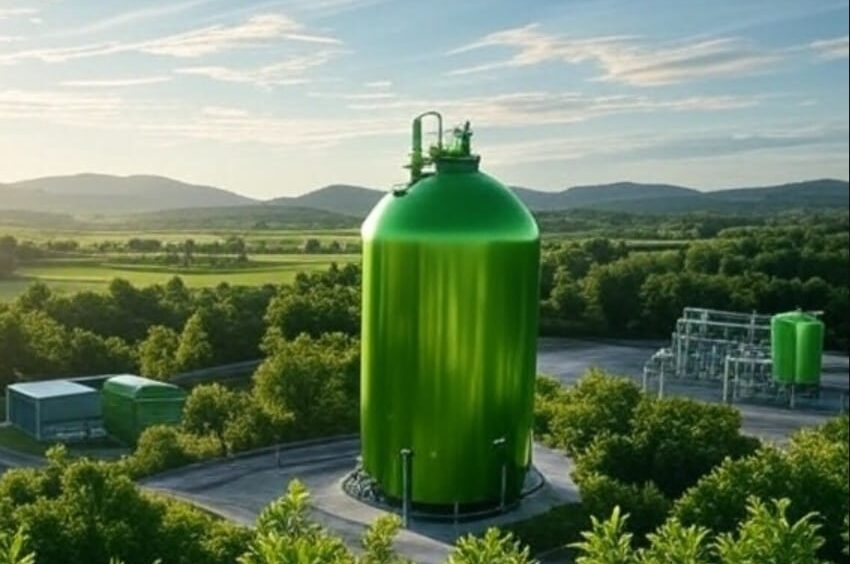Global Methane Report Shows 8% Cut Against 30% Goal

UNEP–CCAC review at COP30 finds current national plans deliver an 8 per cent methane reduction by 2030 versus the 30 per cent Global Methane Pledge target, with most cuts possible at low cost in energy, waste and agriculture
Unveiled in Belém during COP30, the first Global Methane Status Report finds that, while there has been progress since the Global Methane Pledge was agreed in 2021, the world remains far from the goal of cutting methane emissions by 30 per cent by 2030 compared with 2020 levels. Produced by the United Nations Environment Programme (UNEP) and the Climate and Clean Air Coalition (CCAC), the report provides the most comprehensive assessment so far of delivery under the Pledge, which has been endorsed by 159 countries and the European Union.
The analysis shows that global methane emissions are still rising, but the outlook to 2030 has improved since 2021, helped by stricter waste regulations in Europe and North America and slower natural gas growth between 2020 and 2024. Even so, the report concludes that only rapid, large-scale deployment of existing measures can close the gap to the Pledge target.
According to the findings, the national plans and updated NDCs submitted by mid-2025 would deliver an 8 per cent cut in methane emissions by 2030 if fully implemented. That would be the largest reduction ever recorded, but still well short of the 30 per cent commitment. More than 80 per cent of the potential reduction by 2030 can be achieved at low cost, the report notes.
Proven options include leak detection and repair, closure of abandoned oil and gas wells, better water management in rice cultivation and the separation of organic waste. The energy sector accounts for about 72 per cent of this technical and economic potential, followed by waste at 18 per cent and agriculture at 10 per cent.
UNEP and CCAC estimate that implementing technically feasible measures could avoid more than 180,000 premature deaths and 19 million tonnes of annual agricultural losses by 2030. In the fossil fuel sector, the full mitigation potential could be realised at a cost equivalent to roughly 2 per cent of the sector’s global income in 2023. The report highlights that 72 per cent of global methane reduction potential lies in G20+ countries, where emissions could fall by 36 per cent by 2030 if available measures in fossil fuels, waste and agriculture were applied, and calls for stronger systems for measurement, transparency, finance and monitoring.
Climate Emergency Brake
Presenting the findings at a Global Methane Declaration meeting, ministers and officials stressed that solutions are already at hand and urged countries to scale up action quickly across the three main emitting sectors. They also underlined the need for clearer targets and more robust tracking of progress.
Alice Amorim, Director of Programmes for the COP30 Presidency, said cutting methane is “one of the fastest and most effective actions” to contain global warming, describing it as a “climate emergency brake” that can help keep the 1.5°C goal within reach. She added that treating methane as a priority is also a strategic choice for competitiveness, public health and social responsibility, given the immediate, measurable benefits of action in waste, energy and agriculture.
UNEP Executive Director Inger Andersen and other leaders, including Canada’s Minister of Environment and Climate Change and the European Commissioner for Energy and Housing, framed the report as both a sign of what is possible and a warning on the scale of effort still required. The report concludes that decisions taken over the next five years will determine whether the world seizes the opportunity to cut methane at scale, with implications for air quality, economic resilience and climate safety for future generations.

































































































































































































































































































































































































































































































































































































































































































































































































































































































































































































































































































